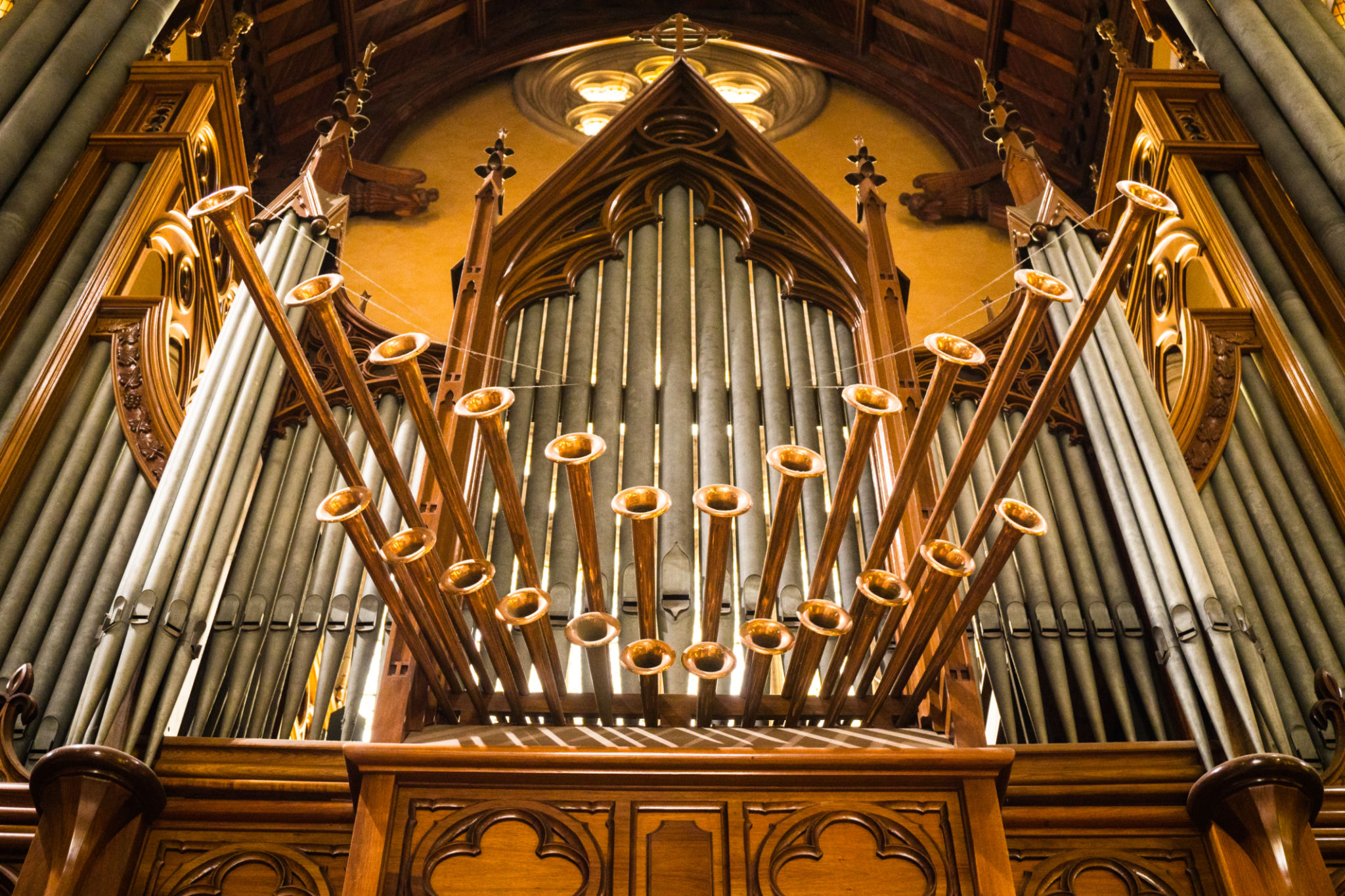Q&A with Portugal's Leading Organists: Insights from the Masters
Introduction to Portugal's Organ Masters
Portugal is home to a rich tradition of organ music, with its talented organists playing an essential role in preserving and advancing this art form. These musicians not only perform across the globe but also contribute significantly to the cultural tapestry of their homeland. In this post, we delve into the insights shared by some of Portugal's leading organists, offering a unique glimpse into their world.

The Journey to Mastery
Each organist's journey to mastery is unique, shaped by personal experiences and influences. For many, it begins with a profound love for music at an early age. From there, formal education and rigorous practice pave the way for excellence. Renowned organist João Santos shares, "My passion for the organ was ignited during my childhood church visits, where the powerful resonance of the instrument captivated me."
Education plays a crucial role in honing their skills. Many Portuguese organists study at prestigious music academies both locally and internationally. They emphasize the importance of a solid foundation in music theory and history, which enriches their understanding and interpretation of compositions.
Techniques and Styles
Organists often adopt varied techniques and styles to showcase their versatility. The diversity in their repertoire ranges from baroque compositions to contemporary pieces. Maria Ferreira, another leading figure, explains, "Adapting to different styles allows us to reach wider audiences and keep the tradition vibrant." She emphasizes the importance of mastering improvisation as a technique that brings personal expression into each performance.

Moreover, understanding the mechanics of different organs is essential. Each instrument has its own characteristics, influencing the way compositions are interpreted. Organists often need to adjust their techniques based on the acoustics and features of the organ they are playing.
The Role of Technology
In recent years, technology has transformed how organists approach their craft. From digital organs to advanced recording equipment, these tools have become indispensable in practice and performance. José Mendes highlights, "Technology enables us to experiment with soundscapes, offering new dimensions to our music."
- Digital organs provide accessibility for practice.
- Recording technology allows for detailed reviews of performances.
- Online platforms facilitate global collaborations.

Challenges and Opportunities
The world of organ music is not without its challenges. One major issue is the preservation of historic organs, which require extensive maintenance and restoration. Despite these hurdles, there are significant opportunities for growth. Initiatives to engage younger audiences through interactive workshops and concerts are proving effective.
Furthermore, collaborations with other musicians and composers are expanding the repertoire of organ music. These partnerships introduce fresh perspectives and innovation into traditional settings.
Looking Ahead
As we look to the future, Portugal's leading organists remain committed to nurturing new talent and promoting the legacy of organ music. They continue to inspire through their performances and educational efforts, ensuring that this beautiful art form thrives for generations to come.
In conclusion, the insights from these masters reveal a deep dedication to their craft. Their passion and expertise not only preserve tradition but also push the boundaries of what is possible with this majestic instrument. Their journey is a testament to the enduring power and allure of organ music.
